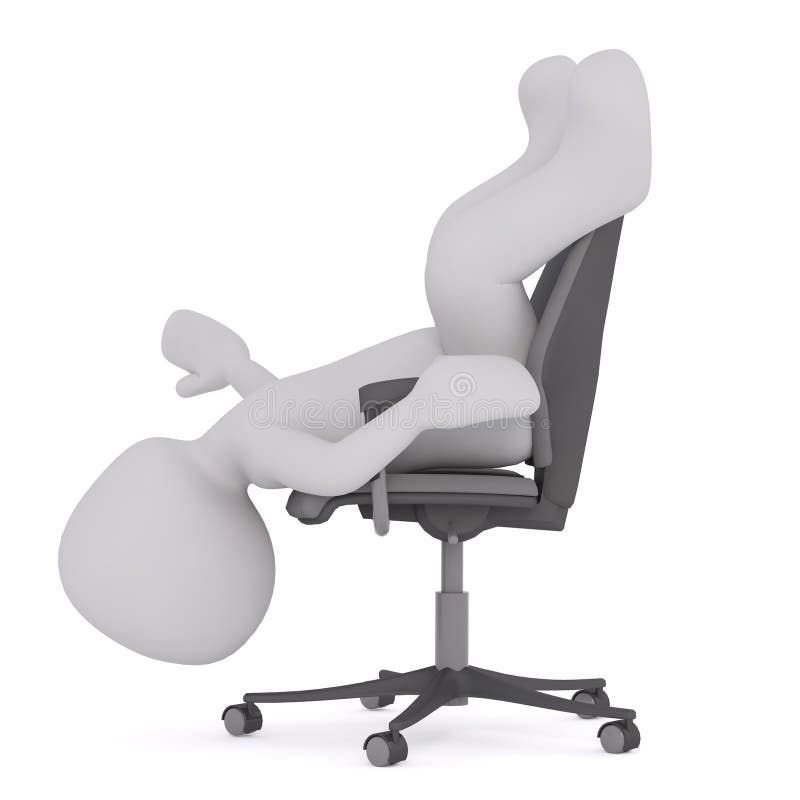
- let / wet / set / bet / read – read)// shut / cut // quit / hit / put / split // hurt / cast / burst / thrust // cost
- bring – brought – brought / buy – bought – bought / seek – sought – sought / fight – fought – fought / think – thought – thought / catch – caught – caught / teach – taught – taught / get – got – got / shoot – shot – shot
3. feel – felt – felt / keep – kept – kept / sleep – slept – slept / sweep- swept – swept / meet – met – met / sit – sat – sat / spell – spelt – spelt / spend – spent – spent / send – sent – sent / bend – bent – bent / lend – lent – lent / mean – meant – meant creep – crept – crept / weep – wept – wept /
4. lay – laid – laid / pay – paid – paid / make – made – made
5. read – read – read / lead – led – led / hold – held – held / feed – fed – fed / flee – fled – fled / have – had – had / speed – sped – sped / say – said – said / leave – left – left / let – let – let / bet – bet – bet / deal – dealt – dealt /
6. stick – stuck – stuck / strike – struck – struck / dig – dug – dug /
7. hit-hit-hit / light – lit – lit / quit – quit – quit / build – built – built / slide – slid – slid / split – split – split /
8. cost – cost – cost / lose – lost -lost / burst – burst – burst /
9. hurt – hurt – hurt / hear – heard – heard / burn – burnt – burnt ( burned) / sell – sold – sold / tell – told – told /
10. put- put – put / stand – stood – stood / can – could
11. shut – shut – shut / cut – cut – cut / shut – shut – shut /
12. shine – shone – shone / fly – flew – flown / throw – threw – thrown / grow – grew – grown / blow – blew – blown / know – knew – known /
13. wear – wore – worn / bear – bore – born / win – won -won / swear – swore – sworn /draw – drew – drawn /
14. break – broke – broken / speak – spoke – spoken / choose – chose – chosen / freeze – froze – frozen / steal – stole – stolen /
15. eat – ate – eaten / write – wrote – written / ride – rode – ridden / rise – rose – risen / forbid – forbade , forbade – forbidden / bid – bid ( bade) – bidden / bite – bit – bitten / hide – hid – hidden /
16. do – did – done / go – went – gone / swim – swam – swum / come – came – come
17. ring – rang – rung / sing – sang – sung / sink – sank – sunk / drink – drank – drunk / hang – hung – hung / spring – sprang – sprung / sting – stung – stung /
18. take – took – taken / shake – shook – shaken /
19. give – gave – given / forgive – forgave – forgiven / drive – drove – driven / fall – fell – fallen / wake – woke – woken /
20. forget – forgot – forgotten, be smart and don’t be rotten
21. begin – began – begun / run – ran – run / cling – clung – clung / fling – flung – flung / spin – spun – spun /
22. find – found – found / bind – bound – bound / grind – ground – ground /
23. see – saw – seen / is, am, are – was, were – been
https://www.englishpage.com/irregularverbs/irregularverbs.html
=) Всім бажаю успіху!
Ваша Діана Миколаївна Остачинська, репетитор англійської мови.




